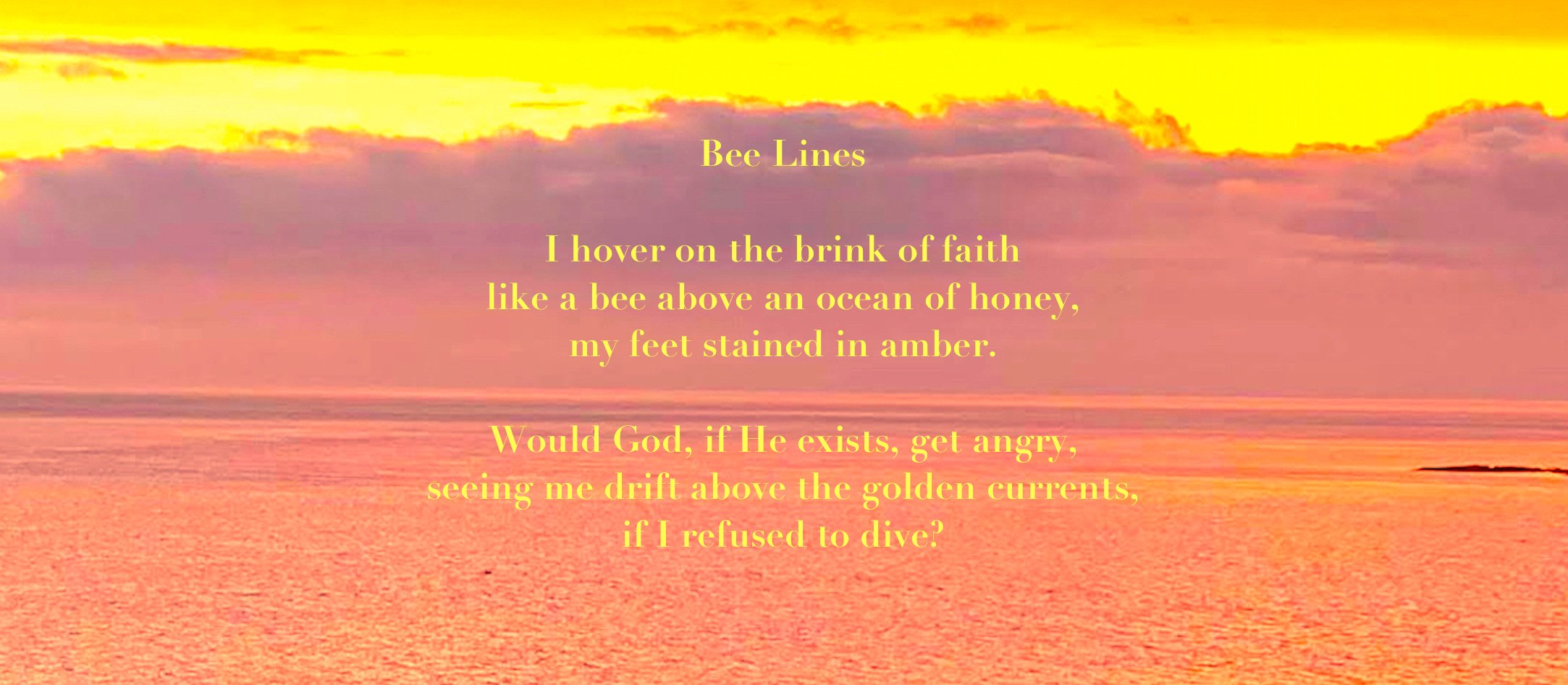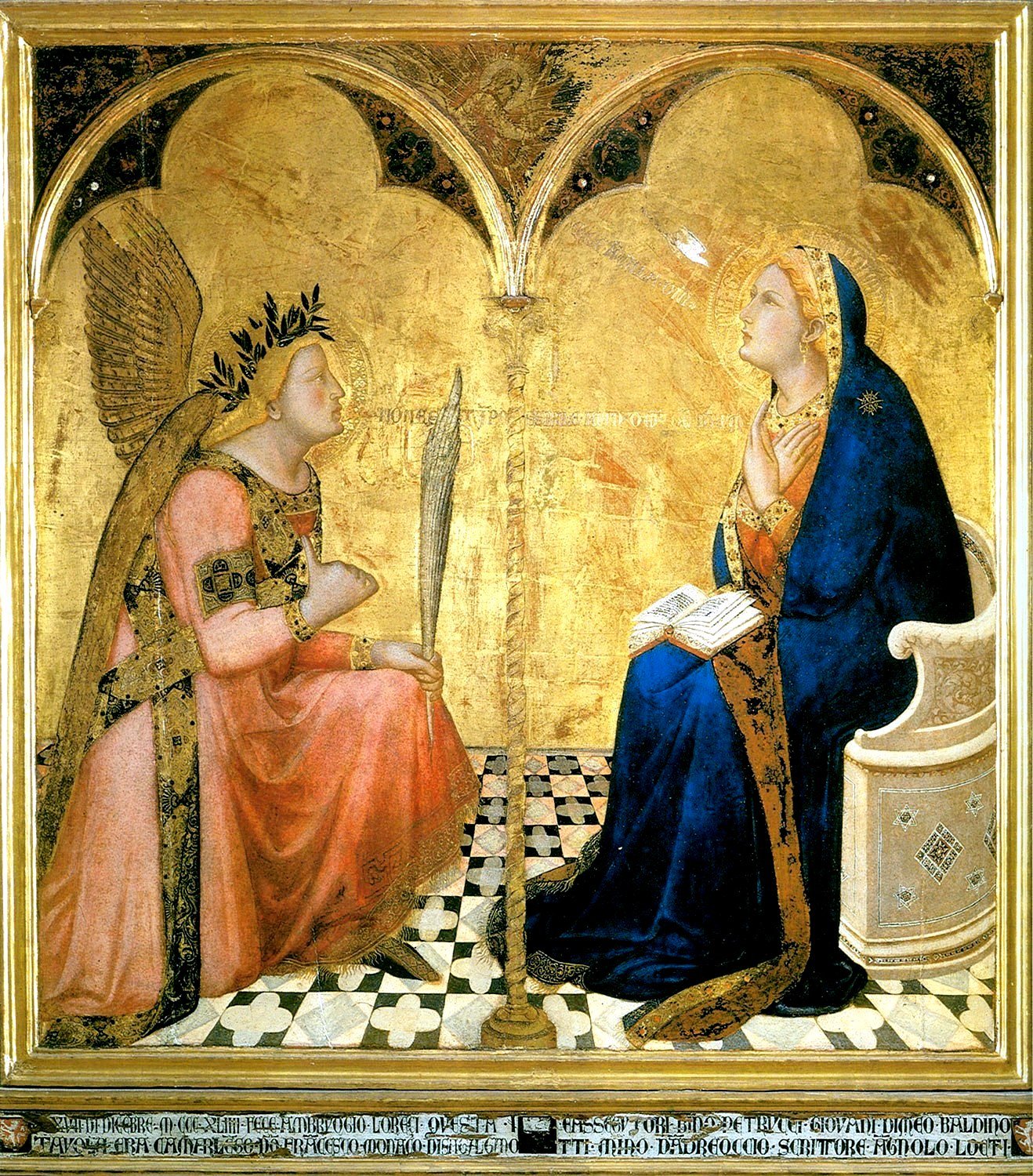The Double Refuge 🦋 Butterflies Landing
To Believe and Not to Believe
Believabilities - Eastern Religion: the Challenge of Hinduism
🦋
Believabilities
Agnostics don’t believe in anything, yet it’s crucial to add that they might believe in anything, given sufficient reason or revelation. Double refugees takes this position one step further, confirming that they are actually capable of belief. One might say that double refugees question everything at times yet also at times find a subtle essence of spirit alighting on matter, or rising within matter. They sense — with what element of the five senses, sixth sense, or nonsense, they can’t say — the holy ghost of a capitalized Meaning haunting their more solid everyday lives.
Double refugees believe in the fact of living, and in the wide range of experiences and ideas that are open to exploration. Generally, it’s not a philosophy for those who simply can’t decide because everything is just too confusing. Rather, it’s a philosophy that requires an open and receptive mind. As a philosophy, it resembles science in that it gains in depth when tested by further knowledge and experience.
Agnostics concede that theism or atheism may be true, but that we have no reliable way of knowing for sure. They lean toward science and skepticism, yet they also argue that spiritual or alternate dimensions may interact with us in some way, even if we don’t know how or why. Double refugees retain this skeptical frame of mind, yet they also enter into the nebulous realm of what might be called, for want of a better term, spirituality or alternate dimensionality.
Agnostics are like bees that fly from tree to tree, or fly out over the water, wondering what’s out there. They’ve heard a rumour that the water beneath them is in fact honey, and they’ve dipped their tiny feet once or twice. Yet they keep flying, too skeptical to risk getting their six legs stuck in amber.
Like agnostics, double refugees fly from tree to tree, and out over the endless water. Yet they don’t merely dip their feet into it. Rather, they dive into the golden ocean like a seagull. Afterwards, then fly further on their sugared wings. They wonder if the entire universe isn’t made of honey. They eat honey, but aren’t made of honey themselves. Or are they?
This type of poetic mysticism plays on words, on our senses, and on our sense of what reality means. We’re made of physical matter but are also psychological beings with arms and legs, and thoughts and dreams which take us far beyond places where our legs can take us.
In the absence of seeing miracles (events which defy the laws of nature as we know them), double refugees take mystical claims seriously but need to dive deeply and often before taking miraculous claims seriously. Experiencing a sense of wonder or spiritual meaning is one thing; believing in virgin births is another. While double refugees can imagine a flight over a divine sea of golden honey, they can’t imagine that such a sea exists in this world. Nor can they believe that the sea can be so hard that a person can walk on it, or that water can be so susceptible to human will that it can be parted in two.
Claims about the miraculous, such as the parting of the Red Sea or yogis levitating, are impossible for double refugees to verify or experience, and are therefore impossible for them to believe. It’s also difficult for them to believe in the historical validity of Moses, much less the earlier Abraham, Noah, and Adam. Accounts of such events and figures include specific times and places, and can therefore be challenged by history, archaeology, and philology. Noah stands out among the above-mentioned figures, however, since he can be strongly correlated with the Utnapishtim of Sumerian legend. Yet this doesn’t encourage belief in Moses as an original writer: the correlations cast deep shadows of doubt on the originality and authority of the Jewish story. At the very least, Noah loses a great deal of his Jewish identity.
Historically, doubt about the historical and chronological precision of the Bible deepened in the 1870s when we discovered that the story of Noah’s Ark is a reworking of the story found in Gilgamesh and the Atra-Hasis, extant versions of which go back to the 17th century BC. This threw a profound doubt over the Bible since it showed that what we thought was an original and historical account in fact derived from a previous polytheistic source. (I’ll return to Noah briefly below, and in more detail in ♒️ The Currents of Sumer, Introduction & Overview and The Flood).
Unlike Noah, the figures of Moses, Abraham, and Adam don’t seem to exist prior to the Jewish narrative. In this context, Moses is similar to Laozi, legendary author the the Daodejing. Double refugees understand that Moses’ account has antecedents in the dominant Mesopotamian civilizations, yet they don’t exclude the possibility that Moses existed. But until they get some sort of proof, the account of Moses remains on the level of fiction and legend.
The Finding of Moses, 1904, by Lawrence Alma-Tadema (Wikimedia Commons)
Even if historians could locate Moses in an Exodus from Egypt, double refugees still wouldn’t believe in a miraculous parting of the Red Sea. They’d be open to the possibility, yet they’d withhold their belief until they’re given some sort of proof.
🦋
Eastern Religion: the Challenge of Hinduism
Neoplatonism, mysticism, and Eastern religion in general are less difficult to reject on historical or literal grounds because in general they don’t pretend to be historical or literal in the first place. For example, in Hinduism it’s hard to hold scripture about the gods and heroes to historical account because most Hindus don’t pretend to a precise chronology. Also, accounts don’t attempt to preclude other accounts. A god may act, yet there are so many variations of the same action that literalism and exclusivity aren’t valued modes of interpretation and validation. If anything, multiplicity, fusion, and profusion are valued qualities.
One of the key reasons here may be that Hinduism starts around 1450 BC with the symbolic poetry of the Vedas, and symbolic poetry is by its very nature open to a variety of interpretations. The early emphasis on Brahman in the Upanishads (c. 400 BC) and in texts such as Shankara’s 8th century commentary on the Bhagavad-Gita, strongly advanced the view that God transcends all attempt to describe Him/Her/It or to contextualize God within the parameters of human history.
The key concepts about an Ultimate God are exceptionally abstract in all the major Eastern religions (Hinduism, Buddhism, and Daoism). As a result, it’s not as easy to cast doubt on Shankara’s Brahman, Buddha’s Absolute (or paramārtha), and Laozi’s Dao than it is to cast doubt on a God who in the Bible says specific things in particular places at particular times. It’s important to note here that Shankara’s non-dual (advaita) tradition is complimented by a qualified non-dual (visist advaita) tradition in which specific gods are raised on the highest pedestals. Yet it’s important to note that qualified non-dual traditions rarely claim to be verifiable historically. Moreover, they almost always accept that either 1. gods can be understood as psychological concepts (as in Sri Aurobindo’s writing) and/or 2. all versions or manifestations of gods fuse in the greatest of cosmic realities, which lies beyond all schools of human thought. Hindus don’t worry so much whether one sees this fusion as Brahman, Krishna, or Mahadevi.
The claims Eastern religions tend to make about history are vague and the value of their texts doesn’t lie in a contract or covenant with God, much less in a contract made at a particular time with a particular person, family, or group. For instance, one might speculate on when exactly Rama ventured into the forest, yet this speculation doesn’t determine the theology in any important way. The earliest Hindu scripture, Rg Veda, is said to have been written in the Punjab area on a banks of the Saraswati River, which no longer exists. Whether or not the river ever existed doesn’t change the symbolic nature of the poetry. Geologists have found evidence that the rivers of the Punjab have drastically changed their courses over time, and so it may well be that the Saraswati River was in fact where the poets composed the Rg Veda. But even if we find this to be true, it doesn’t change the basic meanings of the poems.
I don’t mean to imply by this that the spiritual claims of Eastern religions are any more true than the claims of Western religions, once we leave aside the question of their historical claims. Hindus, Buddhists, and Daoists have all sorts of claims that are as doubtful as the Virgin birth or walking on water. Returning to the idea of an invisible Saraswati River, Hindus believe that this river flows underground to meet the Ganges and Yamuna at the city of Allahabad (or Prayagraj), where they hold the Kumbh Mela, the worlds largest religious festival. Hindus also believe the Saraswati River is the Goddess Saraswati, just as the Ganges River is the Goddess Ganga, who flows through the hair of Shiva from Mount Kailasa to the Bay of Bengal. Even though we aren’t asked to believe these idea in a historical sense, this doesn’t mean that we’re obliged to believe them in a spiritual sense.
Like the story of Moses, the meaning of Saraswati, goddess of literature and art, means more than specific times and places. The otherworldly meanings don’t have to be historically specific or interpreted literally in order to suggest a greater meaning. And given that there is, in any case, no way to verify specific or literal aspects of soul or deity, double refugees are content to live with this suggestion. They don’t need to turn religious conception into dogma. They don’t feel compelled to say that what can’t be proved is true, either literally or abstractly. The religious conception is, however, open to be explored, appreciated, or believed.






